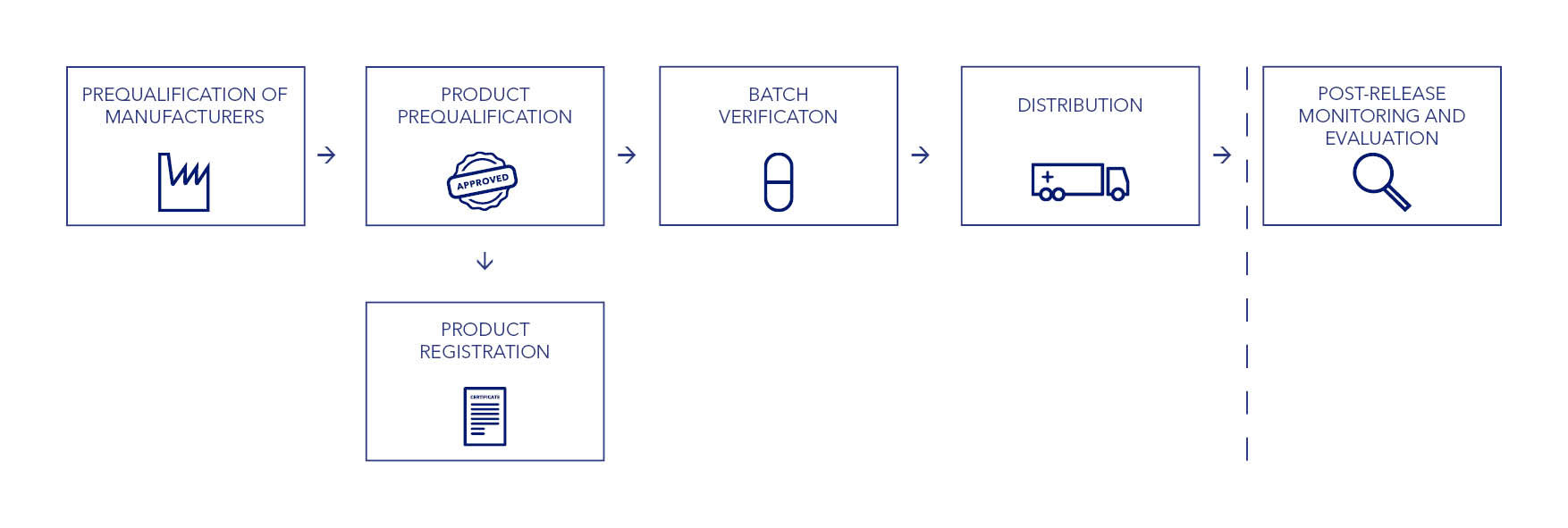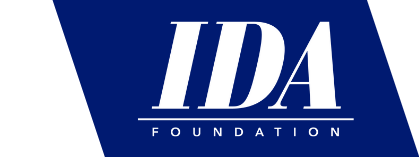Quality
Assuring the quality of medicines and medical goods is at the heart of IDA Foundation’s work, and has been since our founding in 1972. We believe that health providers worldwide must have confidence in the quality of the products they give to their patients. To guarantee our quality, IDA-labelled products (as well as non-labelled products approved by IDA) can only be bought through authorised channels. This means directly from IDA to our customers or through one of our official IDA distributors.
IDA’s quality assurance system is based on a number of factors, including risk assessment of production sites, review of product dossiers, and evaluation of a product’s past performance, safety, and efficacy. Our QA process doesn’t stop with the approval of a manufacturing site and a specific product. Our Quality Affairs team audits and advises suppliers so that we can provide the products and services our customers trust. We continue to review our suppliers through an ongoing verification and monitoring process.

Certifications
The IDA Quality Affairs department consists of teams based in our offices in Amsterdam, Mumbai (India), Dubai (UAE) and Shijiazhuang (China). These teams work together to maintain IDA’s certifications and ensure a consistently high level of organisational performance. IDA’s current certifications are shown below. In addition, we comply with the WHO Model Quality Assurance System (MQAS) for Procurement Agencies.

Registration
IDA has a dedicated team of regulatory affairs professionals based in Mumbai. Their expertise allows them to prepare country-specific dossiers for IDA products. Once the registration process is underway, the regulatory specialists monitor progress until the product receives marketing authorisation from the destination country. The team also provides support for post-marketing changes and administrative issues related to registration.
In recent years, IDA has seen an increasing requirement for the registration of imported medicines. Sometimes this is driven by the destination country, when the National Drug Regulating Authority (NDRA) establishes specific registration requirements for pharmaceutical products and their packaging. Donor organisations such as the Global Fund also emphasise registration as a way to ensure product quality and create a standardised national formulary. IDA is able to work with customers and donors to meet their various standards.
